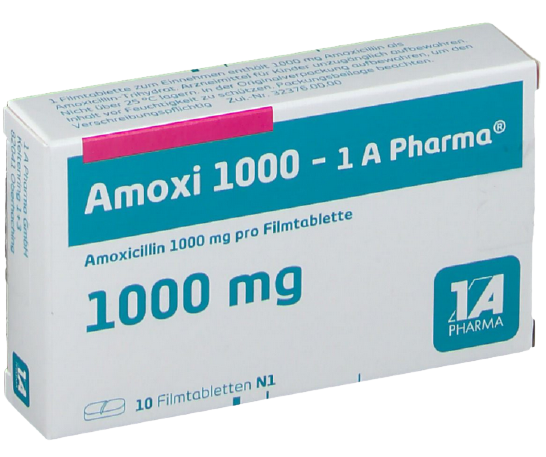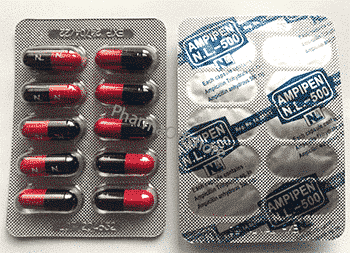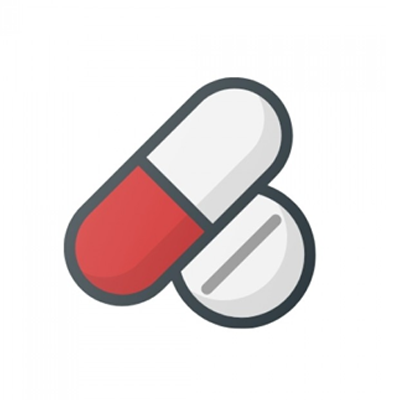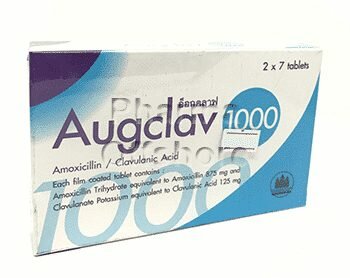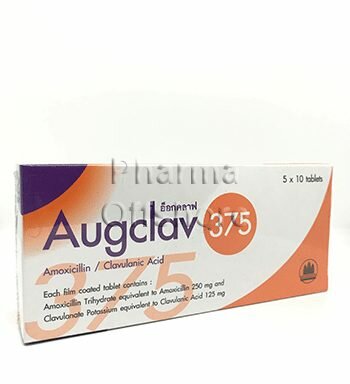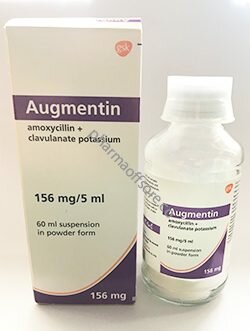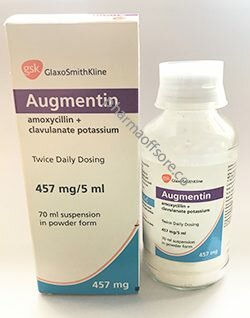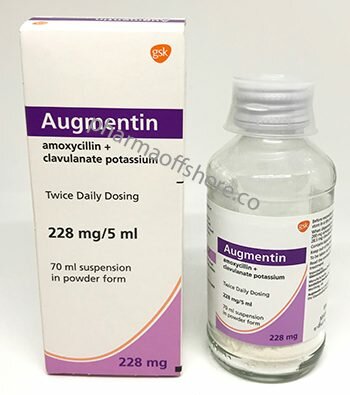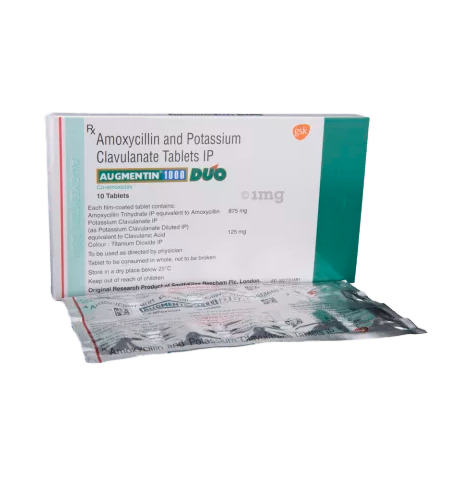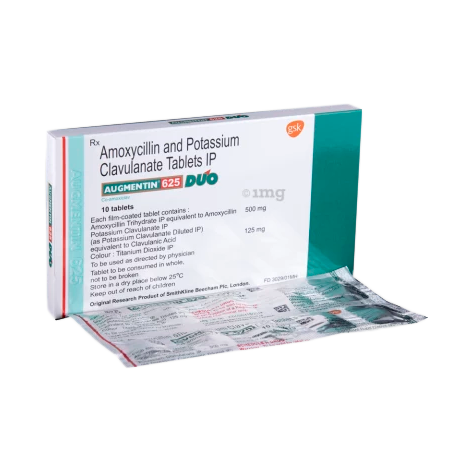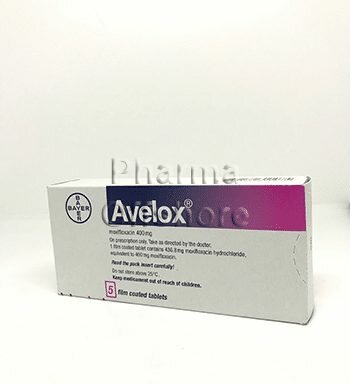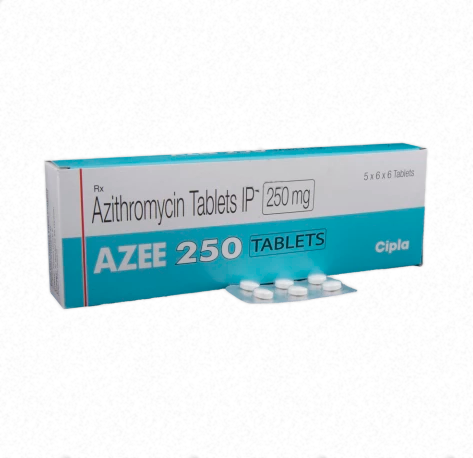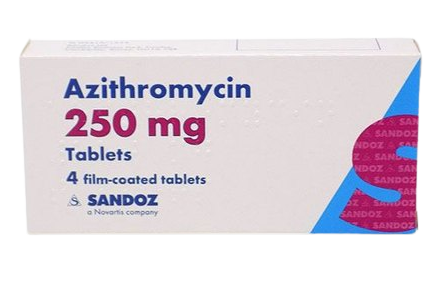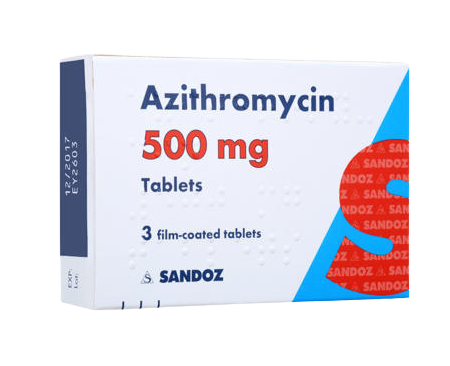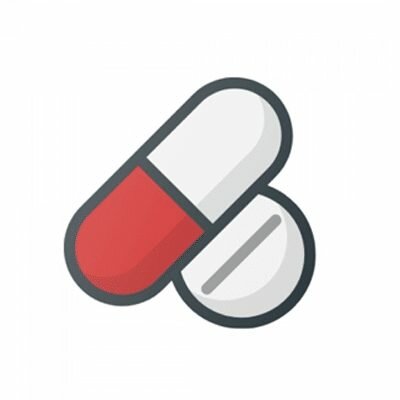Antibiotics
Showing 1–20 of 92 results
-
Antibiotics
Ampicillin 500 mg x 100 tabs
Price/Pill: $0.64
Generic Name: Ampicillin
Manufacturer: VariousAmpicillin is a prescription penicillin-type antibiotic used to treat many different types of infections caused by bacteria, such as ear infections, bladder infections, pneumonia, gonorrhea, and E. coli or salmonella infection.
SKU: n/a
What Are Antibiotics?
What Antibiotics Can and Can’t Do
Most bacteria that live in your body are harmless. Some are even helpful. Still, bacteria can infect almost any organ. Fortunately, antibiotics can usually help.
These are the types of infections that can be treated with antibiotics:
- Some ear and sinus infections
- Dental infections
- Skin infections
- Meningitis (swelling of the brain and spinal cord)
- Strep throat
- Bladder and kidney infections
- Bacterial pneumonia
- Whooping cough
Side Effects
Since your gut is full of bacteria — both good and bad — antibiotics often affect your digestive system while they’re treating an infection. Common side effects include:
- Vomiting
- Nausea
- Diarrhea
- Bloating or indigestion
- Abdominal pain
- Loss of appetite
Occasionally, you may have other symptoms, like:
- Hives – a raised, itchy skin rash
- Coughing
- Wheezing
- Tight throat or trouble breathing
Ref. https://www.webmd.com/a-to-z-guides/what-are-antibiotics#1


